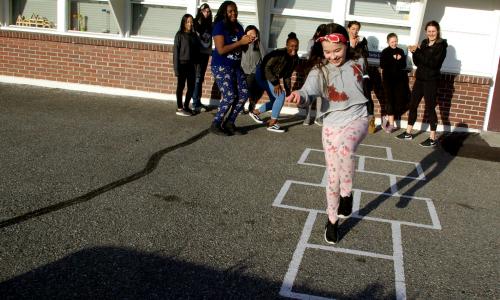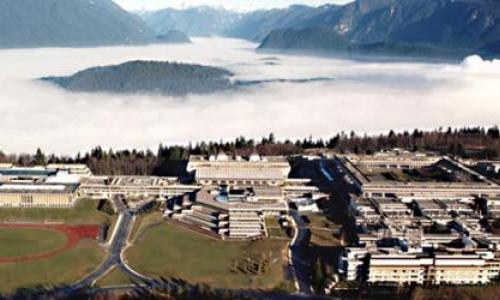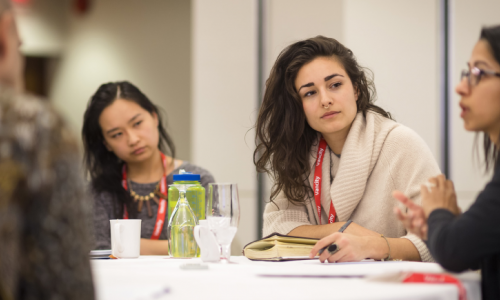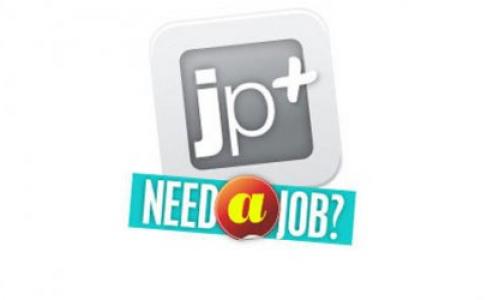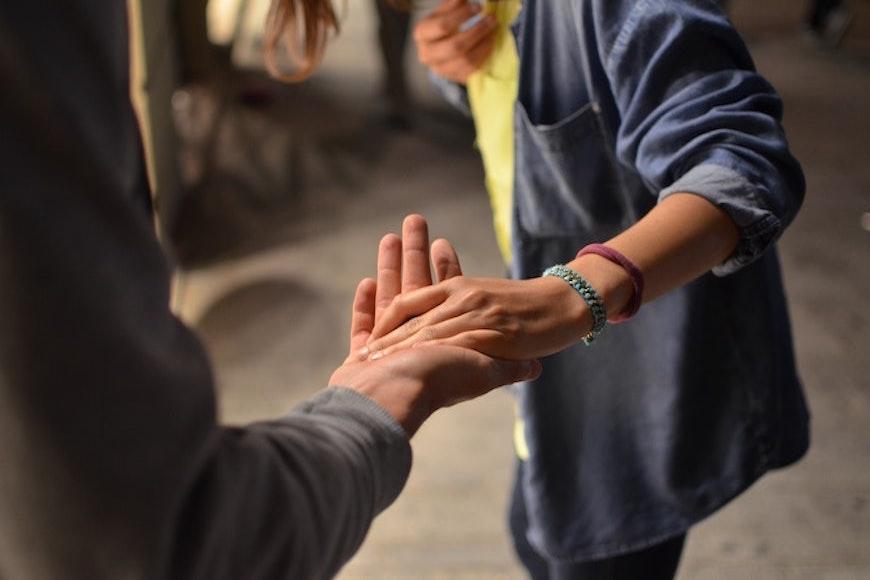
Why would you work for free? Are you crazy?
The above is a common response that one might get from their friends, family and even strangers if they share that they are volunteering for an organization for extensive hours, without pay. Whether it be through a Practicum placement or volunteering for a non-profit or charitable organization regularly as if it were a paid, part-time job. Of course, you would gain the usual: networking, some work experience and acquiring new skills; but, I’d like to focus on another benefit of working for free that is often overlooked.
One of the most challenging things that university students (like you and I) face is deciding just what we want to do post-grad. But, I ask, how are we supposed to figure this out if we aren’t putting ourselves out there in the working world? Often, we are unable to “try out” jobs with pay which is why volunteering is so important. When we volunteer, we get to experience different work environments and decide whether or not we would want to do this every day for the rest of our lives. That being said, when volunteering, ask yourself if you are really enjoying yourself. If you are, great, steer your studies in the direction of that career and aim to work in that environment in the future. If you find that you are not, that’s fine too – simply re-think what you want to do in life and explore more options.
“Choose a job you love, and you will never have to work a day in your life.”
- Confucius
Note: There are also other ways to try out jobs WITH pay, such as SFU co-op program which you can learn more about here: https://www.sfu.ca/coop.html
Beyond the Blog
- Check out the co-op website to get more information.










